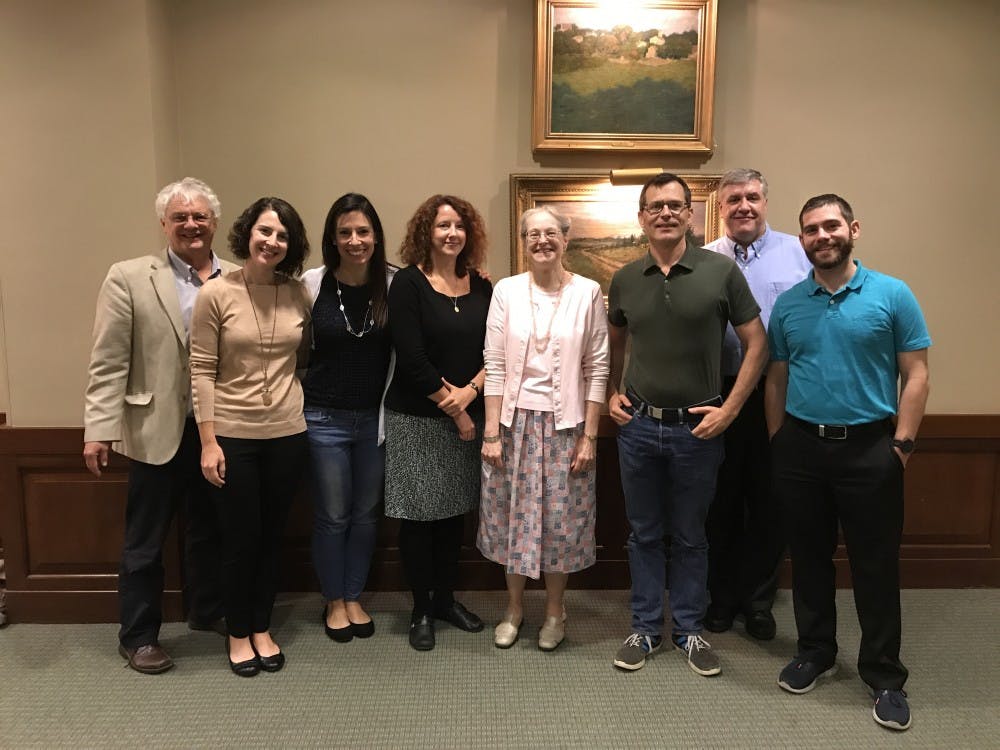Communities, conversation, creativity: these are the three legs of Carolina Public Humanities’ mission. Then there’s connection and collaboration, which is how the organization achieves that mission.
Located within the College of Arts and Sciences, Carolina Public Humanities serves as the public outreach of the college, serving both the University and state of North Carolina through programs in the humanities since 1979.
The program was founded by late philosophy professor Dr. E. Maynard Adams, who believed there needed to be a program that connected faculty in the humanities and the arts with the people of North Carolina, said Lloyd Kramer, Director of Carolina Public Humanities.
Originally called “Program in the Humanities and Human Values,” Adams wanted to create an extension between the University and the community — an extension that would provide a conversation about humanities, as well as historical and philosophical context for controversial issues of the day.
“He believed that the humanities are as important to a good society as science and technology,” Kramer said. “He believed that our social and political and cultural life depends on a knowledge of history and philosophy and ideas."
"So that’s always been our mission – to serve the people of N.C. through public programs that feature the humanities,” he said.
Carolina Public Humanities is continuing to carry out Adams’ initial mission through various events on campus, in the community and in the state.
Rachel Schaevitz, who serves as the postdoctoral fellow for Carolina Public Humanities, helps to plan the different events for the program. She said she applies the organization’s themes of creativity, community and collaboration to the program.
“I try to think how can I help try to foster collaboration and foster civil conversation and all those things," she said. "They are huge big picture ideas, but you can get at that with programs, with bringing people together and talking about history and talking about art and finding common ground and celebrating differences."




